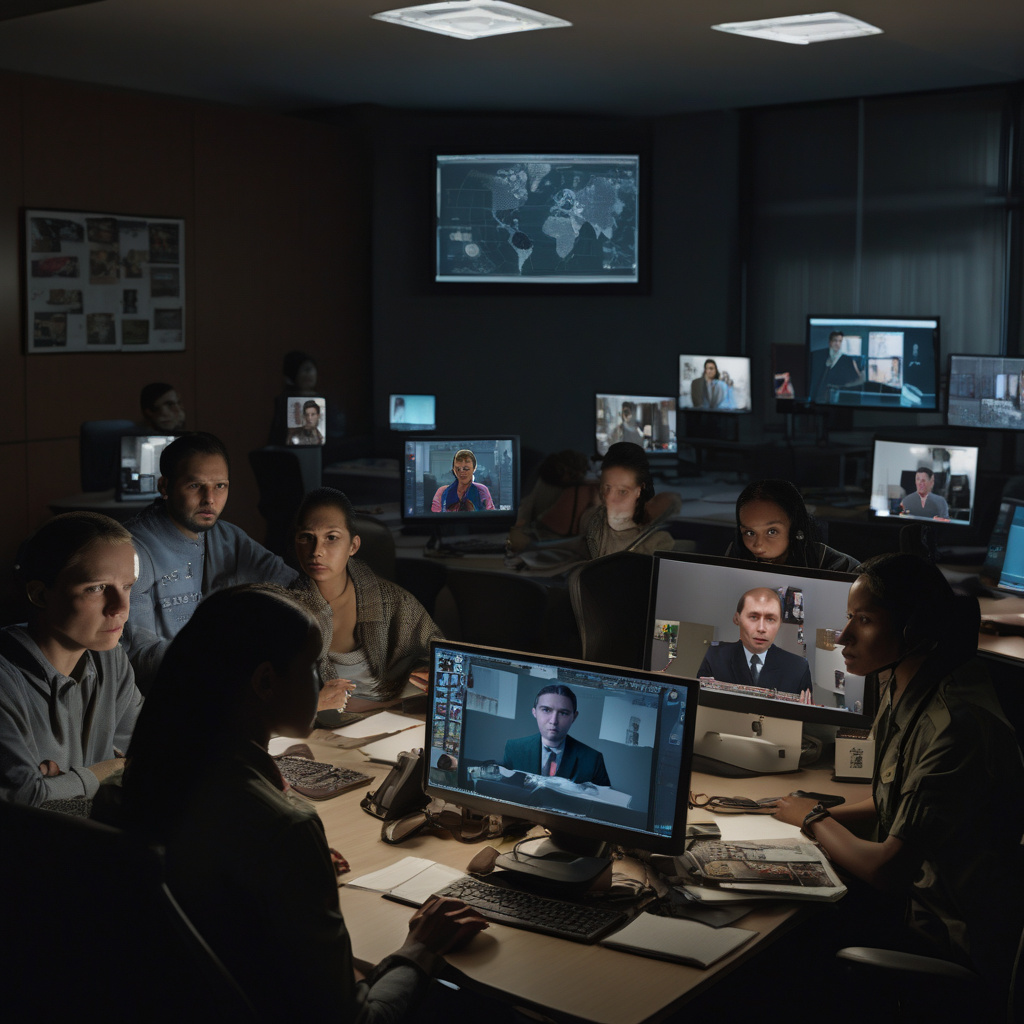Beware: Russian Hackers Target NGOs with Fake Video Calls
Researchers have recently issued a warning about a sophisticated phishing campaign that specifically targets non-governmental organizations (NGOs) dedicated to Ukraine and human rights causes. This malicious scheme involves the use of fake video call links to infiltrate the Microsoft 365 accounts of these organizations, putting sensitive information at risk. The tactics employed in this cyberattack underscore the importance of robust cybersecurity measures and heightened vigilance in today’s digital landscape.
The phishing campaign, orchestrated by Russian hackers, is designed to appear legitimate and exploit the trust often associated with video calls. By sending out deceptive links that mimic video conferencing invitations, the perpetrators aim to trick unsuspecting NGO members into clicking on them. Once clicked, these links lead to a fake login page that closely resembles the Microsoft 365 portal, prompting users to enter their credentials. With this information in hand, the hackers can gain unauthorized access to the NGO’s email accounts, potentially compromising confidential data and communications.
What makes this particular cyber threat especially concerning is its targeted nature. By focusing on NGOs that are actively involved in Ukrainian affairs and human rights advocacy, the hackers demonstrate a clear agenda that seeks to exploit sensitive geopolitical issues for malicious purposes. The potential ramifications of such breaches extend beyond mere data theft, as they can also have far-reaching implications for the safety and security of individuals involved in these organizations.
In light of this evolving threat landscape, NGOs and other entities must prioritize cybersecurity measures to safeguard their digital assets and protect the integrity of their operations. Here are some essential steps that organizations can take to enhance their defenses against phishing attacks and unauthorized access:
- Employee Training: Educating staff members about the telltale signs of phishing emails and suspicious links is crucial in preventing successful cyberattacks. By fostering a culture of cybersecurity awareness, organizations can empower their employees to identify and report potential threats effectively.
- Multi-Factor Authentication (MFA): Implementing MFA adds an extra layer of security to user accounts, requiring additional verification steps beyond passwords. This simple yet effective measure can significantly reduce the risk of unauthorized access, even if login credentials are compromised.
- Email Filtering: Deploying advanced email filtering solutions can help detect and block phishing attempts before they reach users’ inboxes. By filtering out malicious content and suspicious links, organizations can proactively mitigate the threat of phishing attacks.
- Regular Security Audits: Conducting routine security audits and assessments can help identify vulnerabilities and gaps in existing cybersecurity protocols. By proactively addressing these weaknesses, organizations can strengthen their defenses and better protect against emerging threats.
- Incident Response Plan: Developing a comprehensive incident response plan is essential for mitigating the impact of a cybersecurity breach. By outlining clear procedures for detecting, containing, and responding to security incidents, organizations can minimize disruption and recover more effectively from attacks.
As the digital landscape continues to evolve, so too do the tactics employed by cybercriminals seeking to exploit vulnerabilities for their gain. By staying informed, proactive, and vigilant, organizations can better defend against emerging threats like the phishing campaign targeting NGOs. In the face of such challenges, a proactive approach to cybersecurity is not just a best practice – it is a necessity in safeguarding sensitive information and upholding the trust of stakeholders.
cybersecurity, NGOs, phishing, Microsoft 365, Russian hackers
